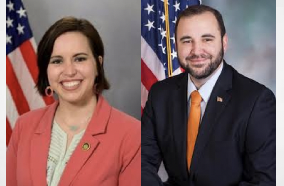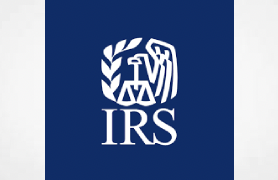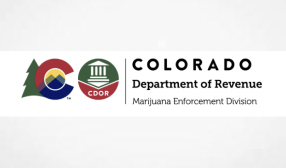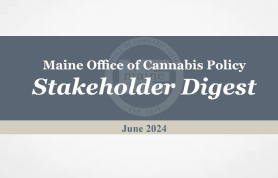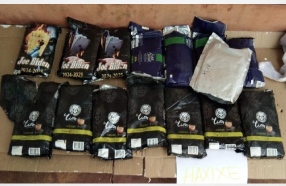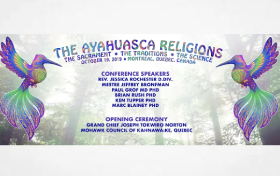Victoria Litman took a moment to respond to our story about the Iowaska Church’s years-long quest for tax exemption and vindication of its right to use “huasca” in its religious services. She refers us to her excellent article on the topic. “Psychedelic Policy, Religious Freedom, and Public Safety: An Overview” contains some excellent historical and contemporary context. Here is the abstract:
Abstract
Psychedelics are psychoactive sacraments (also known as entheogens) as well as medicines and recreational drugs. In the last few years, these substances have begun to be deprioritized, decriminalized, and legalized at the state and local levels. Some are also in the process of becoming FDA approved to be prescribed as part of psychedelic assisted psychotherapies. At the same time, the religious use of these substances, rooted in history, is becoming more destigmatized and religious organizations are increasingly willing to out themselves and engage with federal agencies related to their use of illegal drugs in a variety of ways. As a Graduate Tax Scholar at Georgetown University Law Center, I conducted research on approaches that these religious communities are taking with respect to their federal tax status. The key takeaway from that preliminary research was that due to these legal and cultural shifts, the number of religious communities utilizing psychedelics is significant and growing. From the perspective of the Drug Enforcement Administration (DEA), and the federal government, the religious use of psychedelics remains criminal absent a religious exemption. In response to a Supreme Court case in 2006, the DEA developed a constitutionally questionable religious exemption application process but has never voluntarily granted an exemption. Although there are a growing number of communities, many of which the government is fully aware of, only three communities currently have court ordered federal exemptions. The result of this is a lack of criminal law enforcement further frustrated by the religious freedom protections granted in the U.S. Constitution. This Article describes this current legal landscape at federal, state, and local levels, how we got here, and importantly, the impact of the current policy of nonenforcement on public safety. In conclusion, this Article proposes two possible policy solutions to shift the legal landscape from legal defensibility into legal protection, increasing safety for all involved and reducing unnecessary burdens on government agencies.
Thanks!
darryll k. jones

